In the initial months of the COVID-19 outbreak, over 4,500 Seattle-based businesses had shut down both temporarily and permanently. Of those who found remarkable ways to stay open, newfound business operations, as well as strategies to stay connected in their respective communities, have taken shape.
Non-profit businesses and organizations in particular were faced with these discernibly difficult challenges, relying heavily on donor support as well as innovative approaches that would ensure they would be able to offer their services to the community. Rainier Health and Fitness (RHF) gym, a non-profit health and fitness center founded in Seattle, was among those of the revered organizations in jeopardy.

RHF is a faith-based organization that began in 2005, and over the years has become a fixture in South Seattle for thousands of low-income individuals and/or families in need. “There was no gym in the area at that time for people of color, low income, people on the outskirts [who] would have an affordable space,” says Alicia Haskins, director of the fitness center. “It was started because church members wanted to act out their faith in a way that was authentic to them.” RHF began in Hillman City and has since been relocated to South Holden Street and Rainier Avenue, offering a wide range of low-cost membership, scholarship opportunities and free group classes.
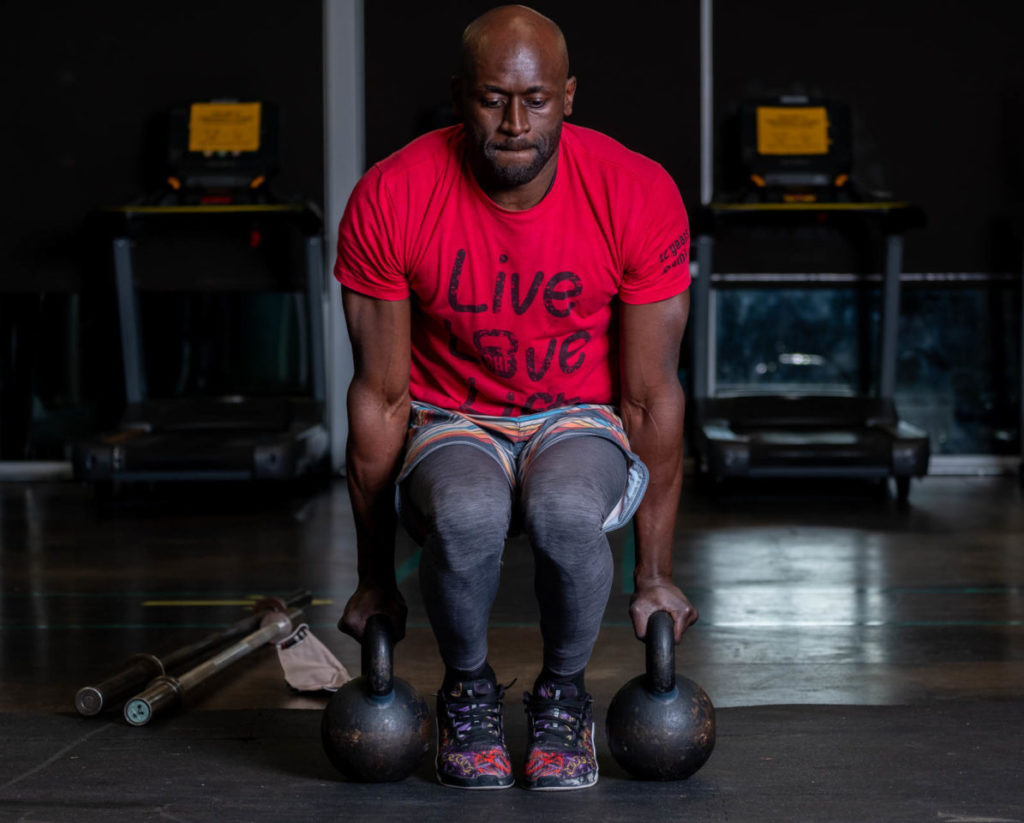
Patrick Otieno, manager, CrossFit coach and personal trainer, spoke to the critical nature of RHF’s approach of inclusion in accordance with their overall mission. “It’s not about living in a bubble, it’s living to know your community,” says Otieno. “You find similarities, you find what’s familiar, and one of those things is health. Heath is universal,” Otieno continues. “If I say do a squat, there is no Christian squat, no Muslim squat, no gender biased squat – it’s just a squat. So when you start understanding the context of exercising you find similarities, you find things that are familiar.” RHF’s approach aims to melt the religious and societal barriers imposed upon community members and how they interact, engage and integrate with one another. “If you talk from something that’s really common, a familiar thing, the barriers start melting down and we start understanding each other, to the point where we can start talking about ourselves, who we are, our identity.”
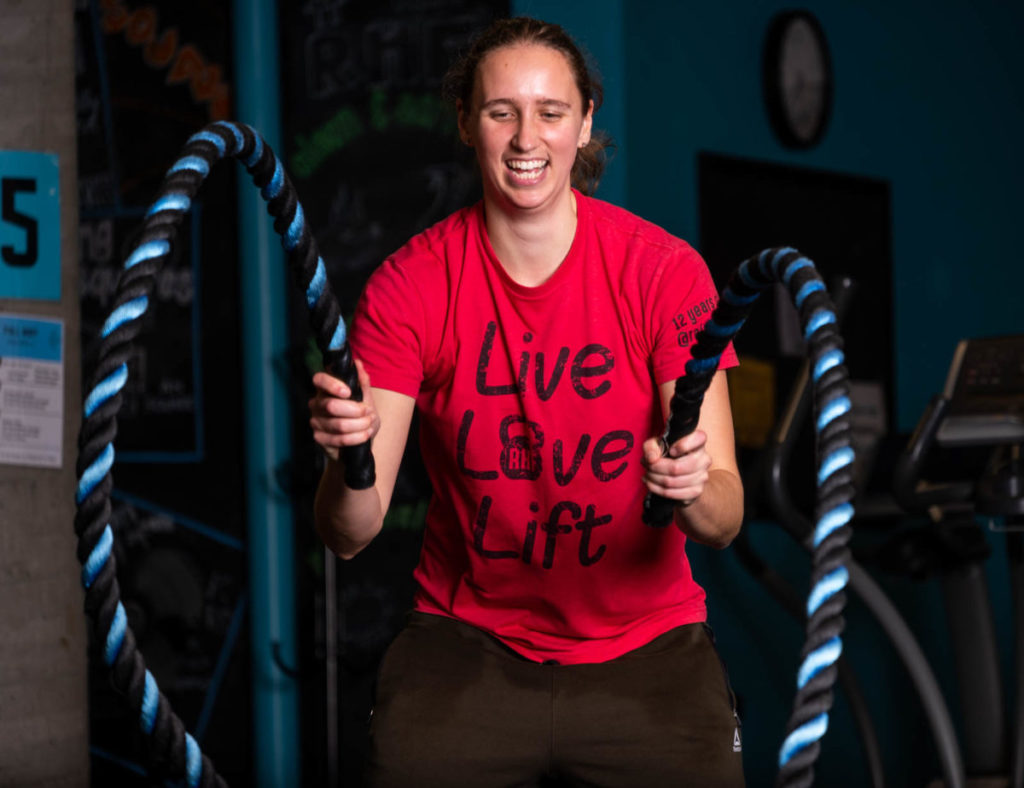
RHF has traditionally offered myriad activities and programs beyond the standard use of the gym; however, the ramifications of the pandemic forced RHF staff to broaden their model to continue to reach and connect with their clients. “Pre-Covid we were about 1,700 members. We had lots of older adults, younger people, different religions, backgrounds and races,” says Haskins. “That’s still the story of RHF, but it’s a little bit of a different game now that COVID is happening, and we’ve had to introduce more virtual options.” Haskins continues, “now there are more obstacles and barriers to reaching the mission which is to be a place for all to feel comfortable through exercise, specifically for those who experience more chronic illnesses and lifestyles.”
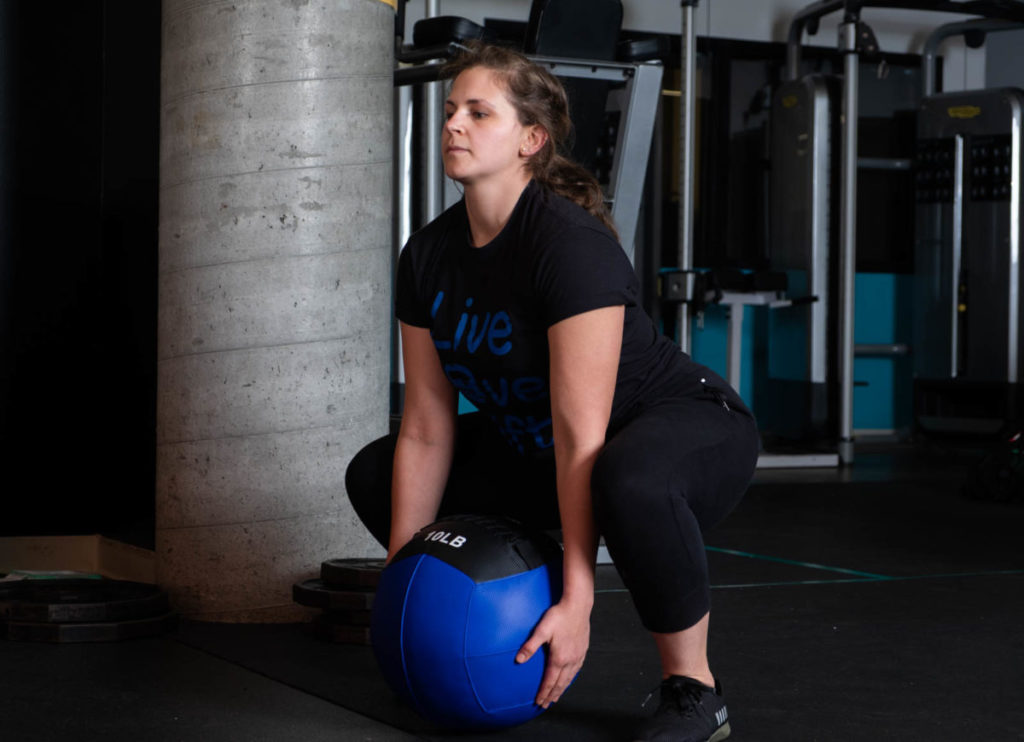
Otieno acknowledged the newfound challenges, but was also quick to appreciate the blatant shift from in-person to virtual sessions, which have become a driving force in the program’s continued success and relationship with their clients. “When faced with challenges, we find ways to be resilient, to work together, to strive to be a community. Now we have found other ways of being together, other channels to improve upon our community.” Otieno continues, “Today it’s COVID, tomorrow we don’t know what it’s going to be, so if the next thing comes, we’ll find another way of trying to seek the same thing over and over again. For me it’s been fun, frustrating but fun!”

Although the transitional impacts of the pandemic have been glaring, the global technological response has opened new doors – silver linings in an otherwise devastating predicament for those providing a valuable service. “The concept of access is a very valuable thing. Now, with technology, access has broadened and now we can take it to people’s homes,” Haskins says. RHF’s virtual options have become commonplace, from pilates, to yoga, to fitness classes designed for older adults. “It sharpens the skills I already have as a teacher,” says Otieno. “I have to think much more, because although we’re communicating at the same time, it’s not in the same space. I’m constantly thinking, how can I share the same in-person skills virtually. It’s been a fun process.”


RHF has recently begun to open their doors due to lighter occupancy restrictions over the past several months, yet the necessity for virtual classes and programs remains vital for its clients. “The foundation we’re building right now is RHF at home. How can we get people excited to move and exercise even if they don’t walk in our doors?” Haskins continues, “it can go anywhere we’d like it to go – to communities with similar dynamics as ours.”
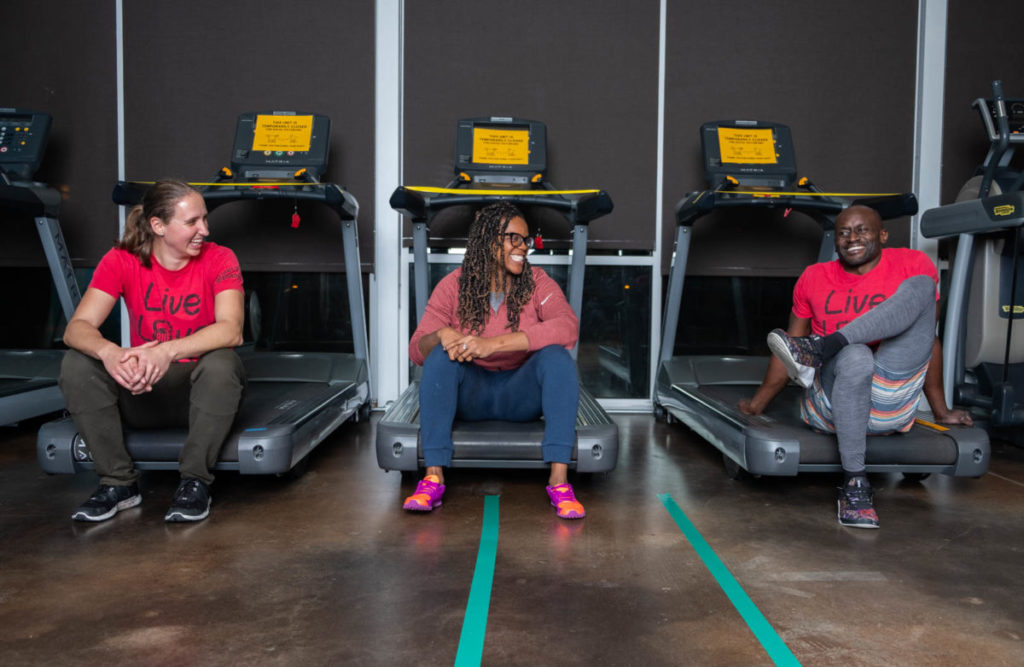
For more information on Rainier Health and Fitness, please visit: https://www.rainierhealth.com/
To donate to Rainier Health and Fitness, please visit: https://www.rainierhealth.com/donation

Author
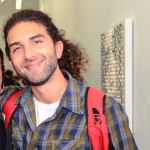
Jordan Somers is currently in his second year of Visual Media at Seattle Central College. He specializes in photojournalism and documentary work, with a particular emphasis on social movements happening throughout the city. His 2020 documentary, Hope is Not Cancelled, was an official selection at the Local Sightings Film Festival, and won an award for best editing at the Oregon Documentary Film Festival. Jordan is an avid traveler when granted the opportunity, and has a keen interest in psychology and existential philosophy.

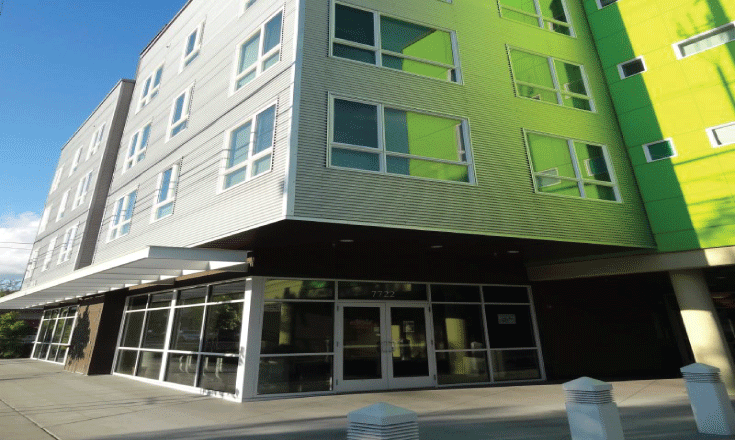
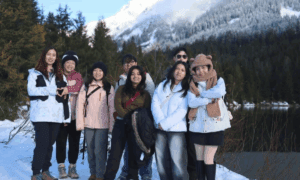
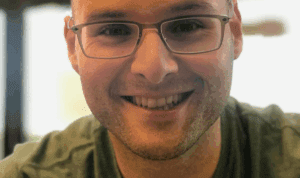

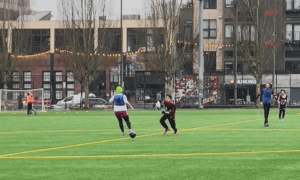

Be First to Comment